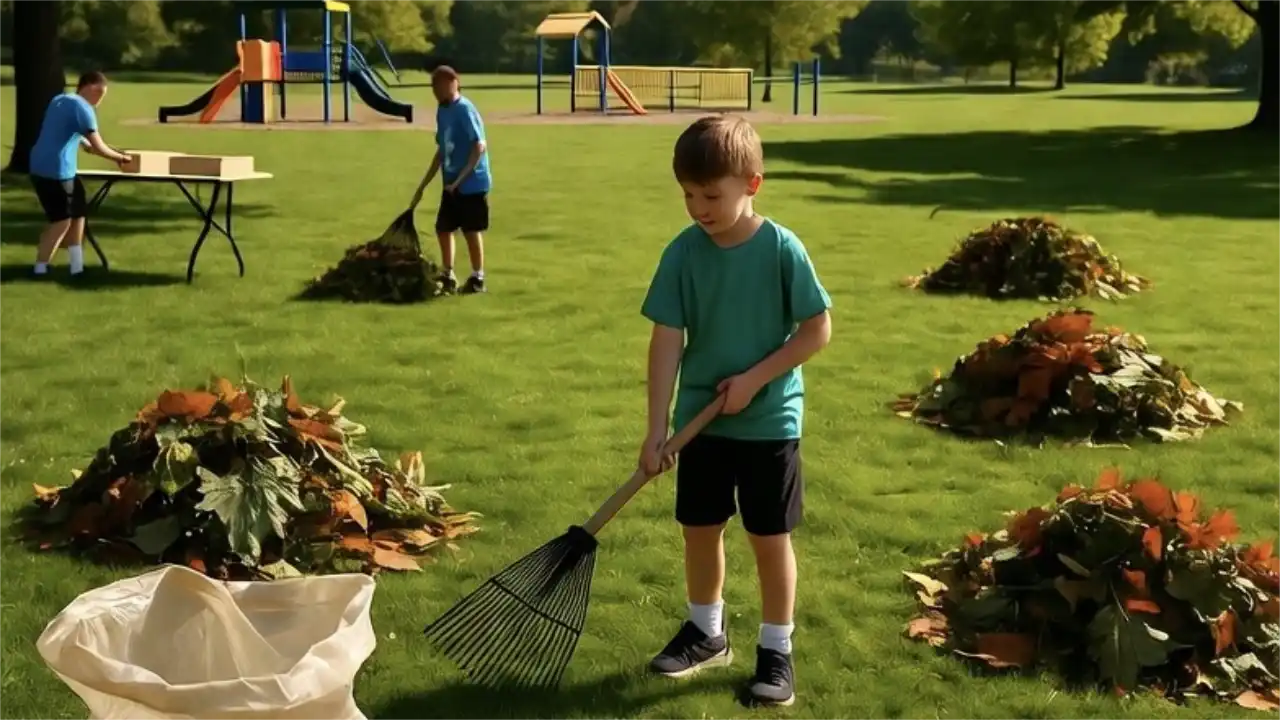
Strengthening Links with the Community: Pitch in at Community Events
W
hen children contribute to local events—cleaning a park, setting up for a festival, or guiding guests at a fundraiser—they gain firsthand experience of how teamwork brings ideas to life. These activities show them that even simple roles can serve a shared purpose. Instead of watching from the sidelines, they begin to understand what it means to participate in something bigger than themselves. A question like, “What could you help with here?” helps them shift from passive observers to active contributors.
At one community cleanup, my son hesitated as volunteers scattered without a plan. I asked, “If this were your project, how would you run it?” He suggested dividing tasks and chose one for himself—raking a section of the field—then helped others organize their areas. Later, at a town festival, he took initiative again by assigning roles at a game booth and walking the team through setup. Those moments built his confidence—not just in doing the work, but in bringing people together to get things done.
To strengthen this habit, make community involvement a regular rhythm. Attend events with your child and ask where they feel they could contribute. Afterwards, talk about what worked, what felt rewarding, and what they noticed about the team effort. Keep a log of their participation—photos, short reflections, or drawings of the event. Over time, these moments teach that community isn’t just where you live—it’s something you help shape.
Strengthening Links with the Community
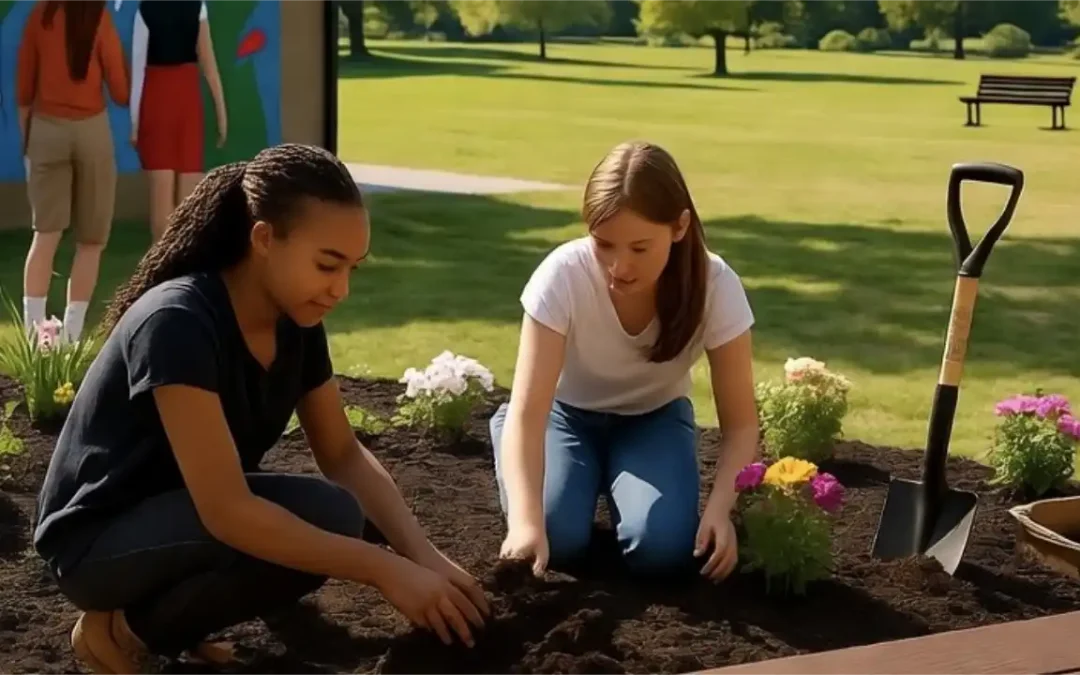
Strengthening Links with the Community: Build Lasting Projects for the Neighborhood
Working on neighborhood projects teaches responsibility, belonging, and cooperation. Show children how their contributions create real, lasting impact.
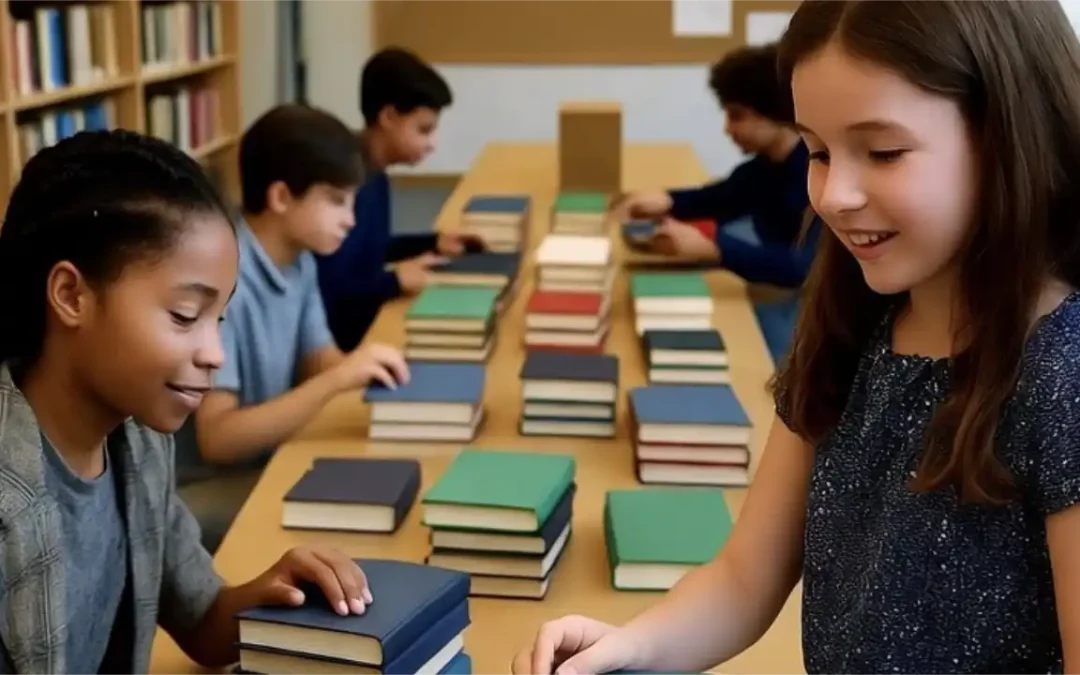
Strengthening Links with the Community: Volunteer with Library and Charity Groups
Volunteering teaches empathy, responsibility, and community connection. Help children grow through shared service experiences.
Table of contents

Primordial Soup for the Mind: Navigation
Navigate the book Primordial Soup for the Mind.
TIPS
- Ask “What’s everyone’s part?” to start planning.
- Praise their teamwork to value their effort.
- Keep a journal for their roles.
- Suggest weekly event participation.
ACTIVITIES
- Park Cleanup: Plan a cleanup, ask, “How can you plan this together?” Work for 15 minutes.
- Festival Booth: Organize a booth, discuss roles, 20 minutes.
EXAMPLE
My daughter led a fair booth, saying, “We rocked it!” Her events started a community hobby.

Download “Primordial Soup for the Mind: A Parent’s Guide to Nurturing Intellectual Growth”
Enter your information to get this article and hundreds more as part of the FREE book Primordial Soup for the Mind.
Share your thoughts with the Thought Academy community in the Comments section below.

Sharpen those skills!
Enter your information to get our FREE practice exercises so you can hone your critical thinking and reasoning skills!



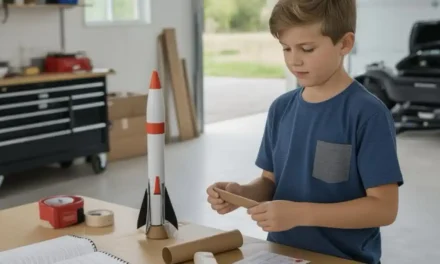
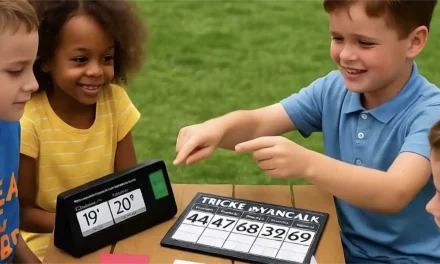
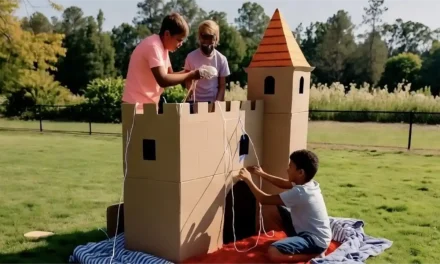

0 Comments